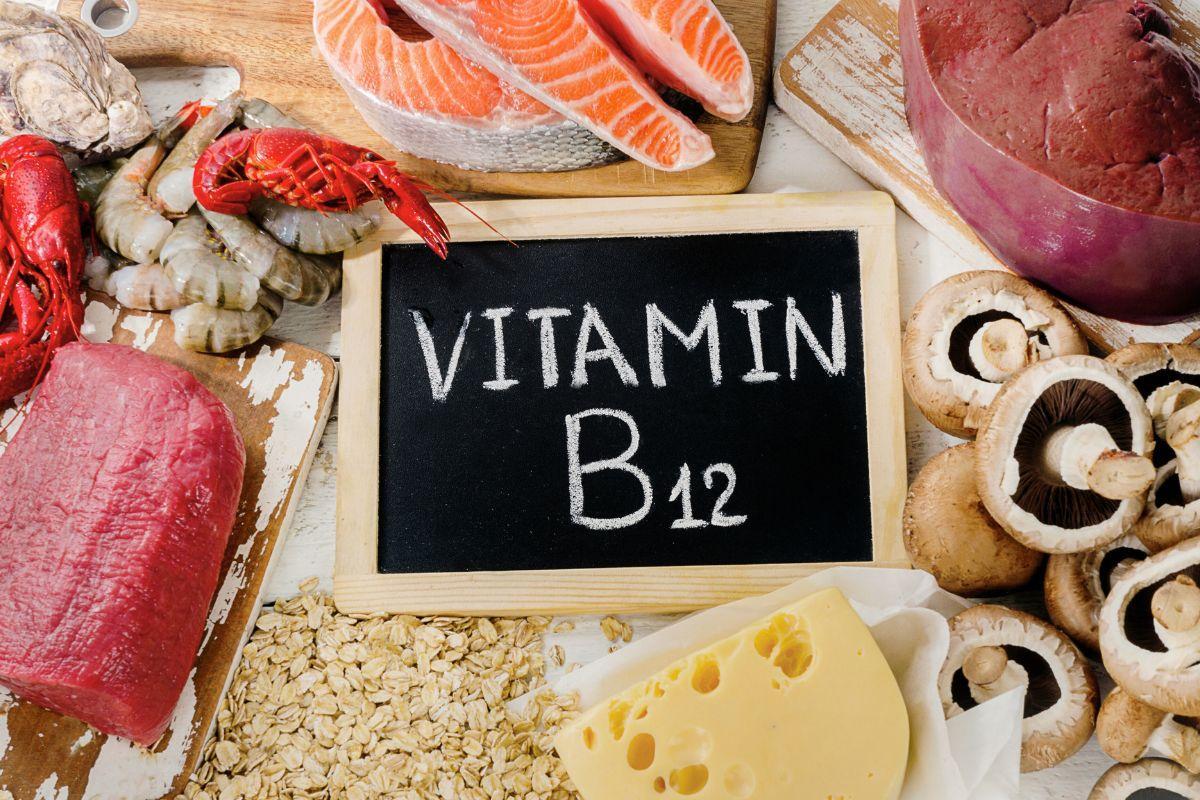Written by Mr Ashu Gandhi for Doctify
Just reading the words breast cancer can cause anxiety for many women.
Yet, with continuous improvements in technology and treatment, we know more than ever before about beating cancer. Here Breast Surgeon, Mr Ashu Gandhi, shares the ways in which you can modify your lifestyle and reduce your risk of developing breast cancer.
How Can I Reduce My Risk of Developing Breast Cancer?
This is a very common question in the Breast Clinic. Quite understandably, many women are keen to understand what choices they can make that may influence their risk of developing breast cancer. Although the question seems straightforward, as is often the case in life, the answer is more convoluted.
The two biggest risk factors for developing breast cancer are (a) being a women and (b) age. Neither of these factors can be changed and unfortunately, they dwarf all other potential risk factors by a significant amount. Whilst this may sound dispiriting, there are areas where women’s choices can influence the risk of developing breast cancer – these largely centre around lifestyle choices.
There is a large body of research developing around lifestyle and the risk of developing certain cancers. The commonest and most well-known link exists between cigarette smoking and the development of lung cancer. This link is indeed well established and researched, however, in breast cancer, no such indisputable link between lifestyle and cancer risk has been proven yet. Instead, in breast cancer we have a number of associations – this is different from there being an accepted scientific proof of causation such as in the example of cigarettes and lung cancer.
Whilst alterations in these behaviours are thought to alter the risk, it is worth remembering that these are small influences compared to the two major risks of gender and age. Nevertheless, the lifestyle adjustments discussed in this article are behaviours which a woman can control or adjust if she wishes to.
Weight, Weight Gain & Weight Loss
Many studies link being overweight or obese to an increased risk of developing breast cancer, particularly in postmenopausal women. Women who gain weight during their later adult life ( as opposed to adolescence or early adulthood) seem to have a higher incidence of breast cancer.
Losing weight can reduce risk, even a small reduction of around 5 to 10% of weight can have a beneficial reduction in breast cancer risk.
Alcohol Consumption
There is an association between alcohol consumption and breast cancer risk – consumption on a daily basis is estimated to increase risk.
How much alcohol is needed to result in this increase? Whilst this is not precisely known, the risk is increased when daily uptake is increased up to 6 units. Drinking more than 6 units per day does not seem to further increase breast cancer risk, however, this level of alcohol consumption will cause undoubted harm to health in other ways.
Exercise
Regular exercise is proven to be tremendously beneficial to health in a huge number of ways. In terms of breast cancer risk reduction, further research is still needed.
Currently, it appears that around 180 minutes of moderate intensity exercise per week will potentially result in a reduction of breast cancer risk – this reduction of risk is seen in both pre and postmenopausal women.
Dietary Influences
Research evidence emerges all the time regarding the level of association between diet and the risk of breast cancer. Whilst this remains an area for developing research, the following is a snapshot of the latest findings:
Fruit & Vegetables
There is consistent evidence of a beneficial link between fruit and vegetable intake and heart disease. The link between fruit and vegetables and cancer is more hotly debated. More recently a connection has emerged between increasing consumption of dietary fibre and a lowering of breast cancer risk.
Meat & Fish
High consumption of red or processed meat (100g or more per day) results in a small cancer risk increase. However vegan or vegetarian diets do not seem to influence breast cancer danger. The fats found in fish, especially oily fish, may provide some beneficial risk reduction.
It is entirely possible that the associations mentioned between meat/fish and breast cancer risk are not to do with the foods themselves but are seen as part of an overall ‘package’ of an unhealthy lifestyle.
Dairy Foodstuffs
There is much misinformation on the connection between consumption of dairy products and breast cancer risk. Some argue that increasing consumption of dairy foods results in an increased risk. However, if we stick to the scientific evidence we can see that this is just not true. In fact, there may even be a protective correlation between dairy products and reducing the risk of breast cancer.
Vitamin Supplements
There is no evidence to suggest taking vitamin supplements has an effect on breast cancer risk.
Smoking
For years it has been thought that smoking, despite all the adverse effects on other aspects of human health, plays no part in breast cancer risk. Recently the mood music around this has changed. There is now thought to be a weak link between cigarette smoking and the development of breast cancer, especially if started during teenage years or early adult life.
The information here is intended to keep women informed of what elements of breast cancer risk may potentially be modified by lifestyle adjustments. As already mentioned, the most important and over-riding elements, age and gender, cannot be changed. Therefore no woman who develops breast cancer should feel guilty because she did not follow ‘a healthy lifestyle’ – this should be the most important takeaway!




